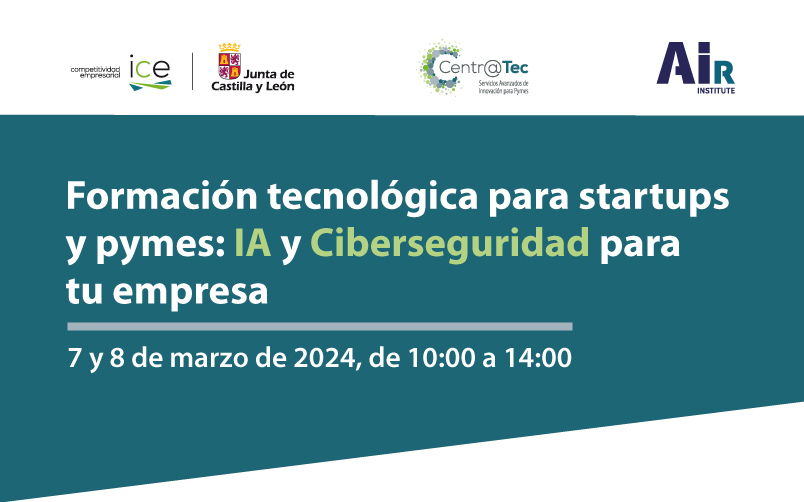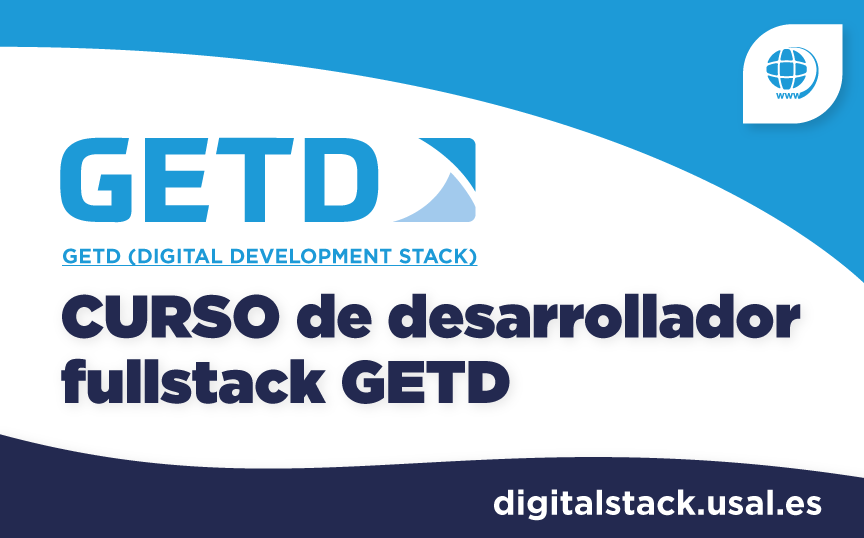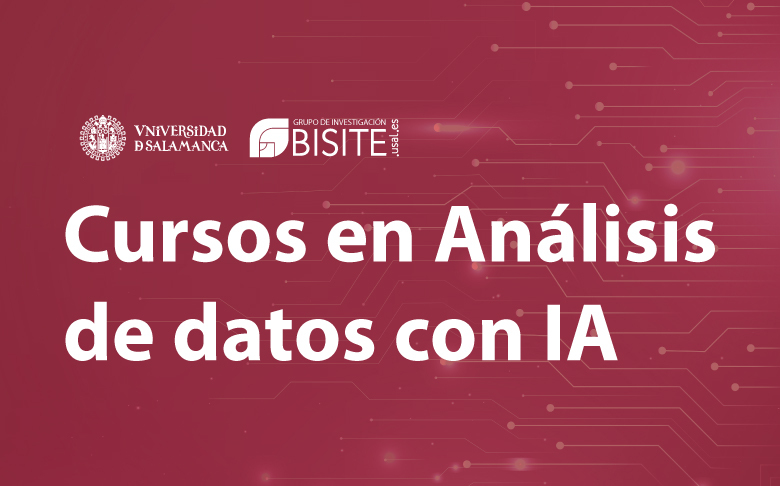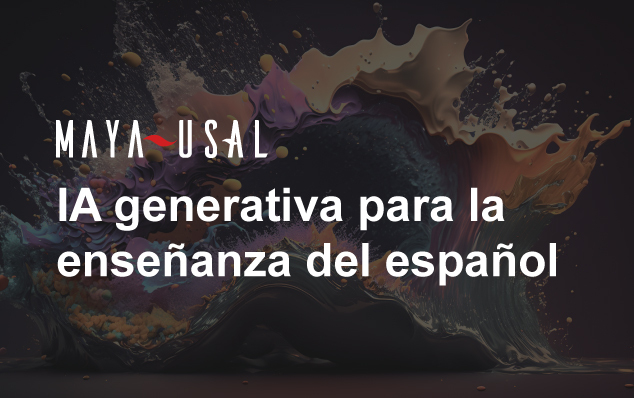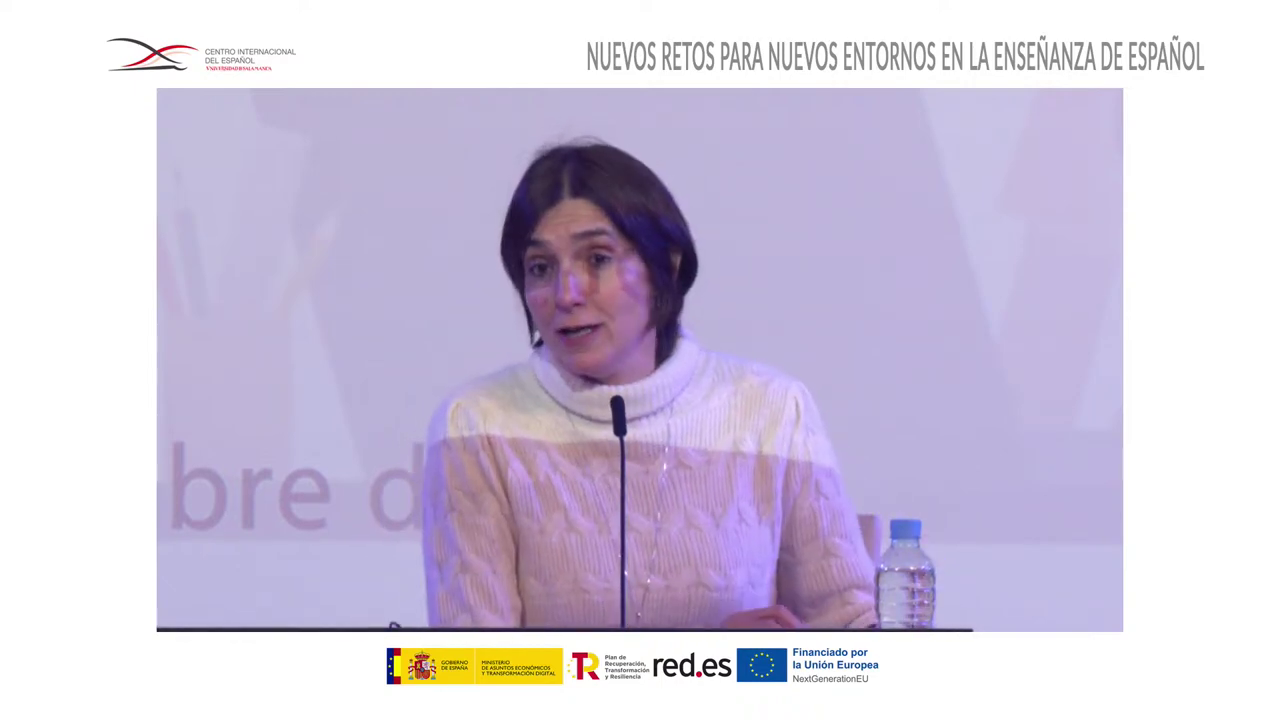Human beings have 8 intelligences: linguistic-verbal, logical-mathematical, spatial, musical, bodily, kinaesthetic, intrapersonal, interpersonal and naturalistic. However, the digital world is becoming an integral part of our lives and so, our brain develops capacities to adapt to the new digital environment. Thus, we develop the Ninth Intelligence, which is no other than the digital one.
20 years ago, it was not possible to imagine such a digital world as the one we live in today, neither can we imagine what our daily life will be like in 20 years’ time thanks to digitization. The mental capacities of the human being are unlimited and, as time goes by, they change. These capabilities are developed through activities that promote them, such as, for example, learning through the use of digital media.
Digital Intelligence
Digital Intelligence is the sum of social, emotional and cognitive skills that enable people to face digital challenges and adapt to the digital age. The challenges or adaptation not only depend on the knowledge of the use of devices but also on learning new tools, applications, platforms, ... As Albert Einstein said "the measure of intelligence is the ability to change".
Another phrase of Albert Einstein was "the true sign of intelligence is not knowledge but imagination". Imagination is an essential part of the digital world; an infinite number of things can spring from an idea. In fact, thanks to the imagination of Paul Otlet, a Belgian computer scientist, the Internet was created in the 1930s. He imagined what a radio broadcasts would look like, connecting viewers all over the world via telephone signals and radio waves.
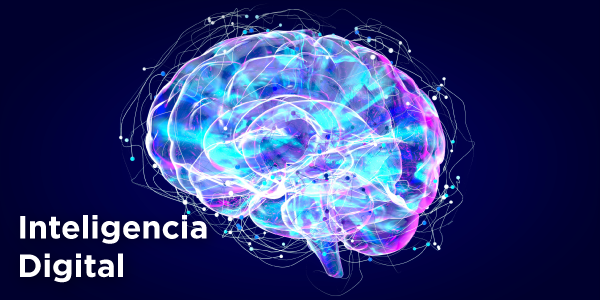
Any intelligence can be improved by undertaking activities that make it work. With Digital Intelligence it is no different, so there must be a flexible and sustainable approach to digital innovation. Likewise, through the collection of data, its automation and interpretation, technology is able to anticipate events, making it easier to adapt to changes. All this can be applied not only to people but also to the world of work, which will make it possible to take the most appropriate decisions on the basis of real data.
With the Master in Digital Intelligence of the BISITE research group at the University of Salamanca you will be able to design intelligence strategies ranging from traditional environments to digital environments, evaluate technologies to automate traditional processes, as well as generate synergies between different fields of action in technology management.
Javier Parra, profesor del máster comenta la importancia de contar con especialistas en esta áreaDo not miss the opportunity to learn from top professionals, registration and enrolment at: https://inteligenciadigital.usal.es/.
